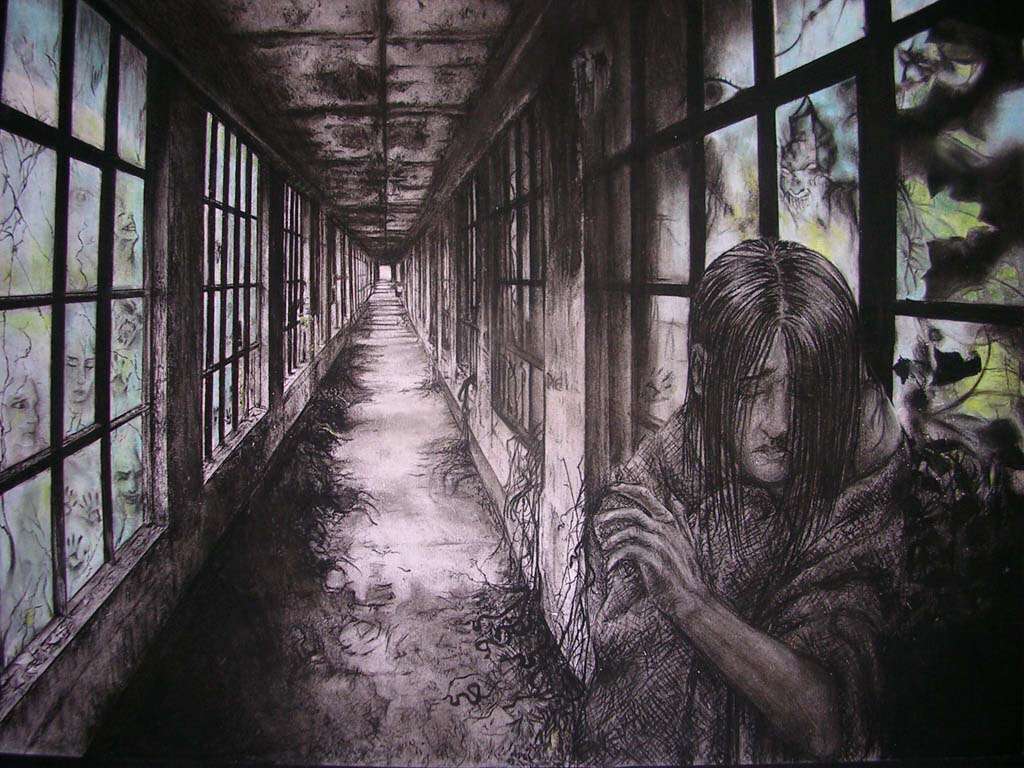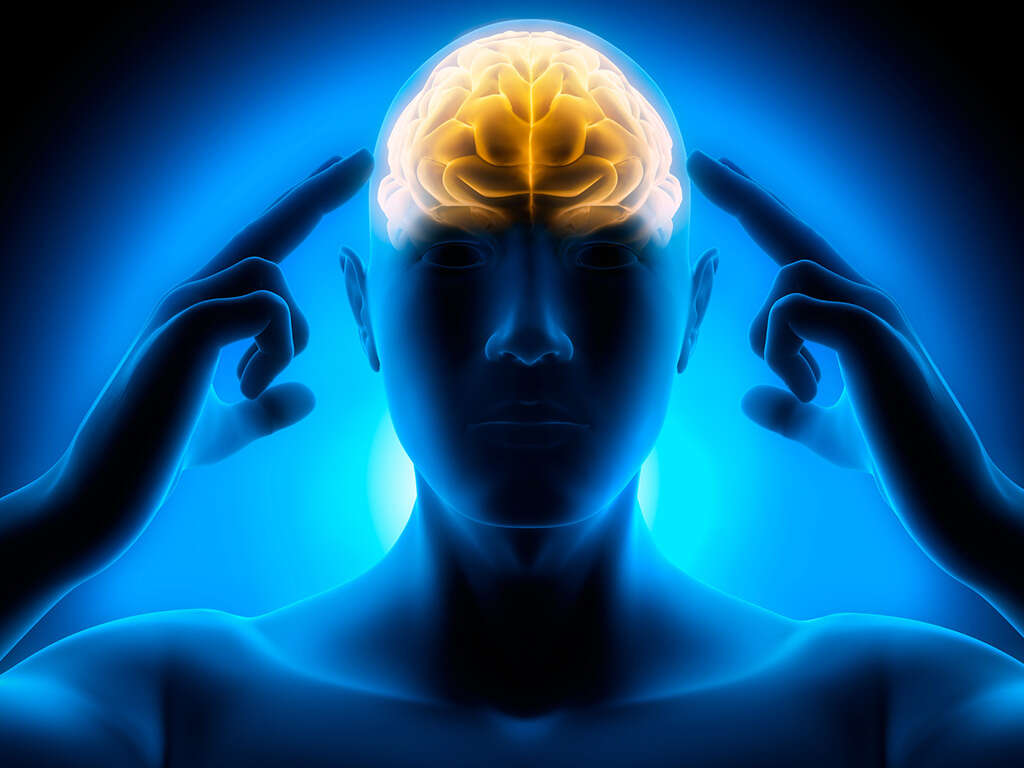10 Schizoaffective Disorder Symptoms
It is an essential part of daily living that we are able to navigate our way around our environment and find the things we need. This navigation is helped by our eyes, ears, and nose as well as our sense of touch, which are constantly feeding information back to the brain. Sometimes, though, the brain can get confused and will begin to make us think things are there when they really are not.
Schizoaffective disorder causes confusion in the brain and is usually characterized by delusions and hallucinations 1https://www.nami.org/Learn-More/Mental-Health-Conditions/Schizoaffective-Disorder. Sufferers will believe in things that just aren’t true and see and hear things that do not exist. Mood disorders such as mania and depression are also common symptoms of the condition.

Symptom #1: Mania
Most of us are generally quite happy overall. Sure, we have the occasional setback and there are sometimes when we will feel quite down, but we mostly enjoy our lives. There tends to be a balance to our happiness as well; rarely do we become so happy that we could be considered euphoric.
People with schizoaffective disorder, however, will experience prolonged periods of excessive happiness, or mania 2https://en.wikipedia.org/wiki/Mania. Even when everything around them is going wrong, they can still feel a sense of elation. This mania can have a big impact on their decision making and can be a very damaging symptom of the condition.

Symptom #2: Restlessness
It is not uncommon for us to be quite busy in life, with plenty to keep us occupied. Once our chores are done, though, we get a chance to sit down and relax for a while. At least until it’s time to do something else again. Some people, though, never seem to be able to relax much at all, and sometimes this restlessness can be quite extreme.
People with schizoaffective disorder will often feel restless, as though they just can’t stay still even for 5 minutes. They will often be overly enthusiastic to take part in activities and overactive even when they are tired.

Symptom #3: Depressesd Mood
It is almost inevitable that we will feel down at some point in our lives. Things happen around us that are beyond our control, and they can occasionally be quite devastating. Still, we manage to push through the hard times and ultimately make it through to the other end.
Clinical depression, however, is quite different from feeling down just because something bad has happened. It is a condition that causes people to feel negatively about themselves and their lives regardless of what is happening. It can also be extreme, causing them to feel as though they don’t wish to live any longer. Depression is a common symptom of schizoaffective disorder.

Symptom #4: Sleep Disturbances
Patients suffering from schizoaffective disorder tend to develop sleep disturbances. It can change in time depending on the underlying mood disorder associated at the moment.
Patients going through a manic episode can have problems falling asleep as they are too euphoric to sleep. On the other hand, patients struggling with a depressed mood can find themselves sleeping more than usual.

Symptom #5: Random Speech
It is important to speak with other people, and equally important to make sure that we speak clearly. Being understood is an important part of communicating and doing so is usually quite effortless for most of us. When people do struggle to speak clearly, it can be quite noticeable and even quite alarming.
Creating comprehensible sentences is something that can be difficult for people with schizoaffective disorder. Instead of sticking to one topic, they will often jump from one to another quickly, creating sentences that are little more than gibberish. They will also tend to speak so quickly that it becomes even more difficult to understand what they are saying.

Symptom #6: Delusions
For the most part, we are able to distinguish fiction from reality. We can still have an imagination, and it can even be quite vivid at times, but still we know what is real and what is not. Sometimes, though, the line between fiction and reality can become blurred and people can believe in things that are simply just not true.
Delusions are a common symptom among people with schizoaffective disorder. They can believe in certain fictions or narratives as though they are as real as everything else around them. These delusions will usually be quite negative, making them convinced that something terrible is going to happen to themselves or others.

Symptom #7: Hallucinations
We rely heavily on our sensory organs and our brains to make us aware of the environment around us. Our sensory organs send messages to the brain, which then convert that information into something meaningful to us. Sometimes, though, our brains might tell us that things are there even when there is nothing at all.
It is not uncommon for people with schizoaffective disorder to experience hallucinations. They will often see things that are not present or, more commonly, hear sounds that are just not there. Perhaps the most common of all hallucinations is hearing voices. There can be more than one, and the voices can even argue among themselves.

Symptom #8: Lack of Focus
It doesn’t usually take much effort for us to stick to one task. Unless disturbed, we will usually concentrate on what we need to do until it is done, allowing us to move on to the next task. When this ability to focus is lost, though, things can become quite difficult.
An inability to focus on any one task at a time is a common symptom for people with schizoaffective disorder. Even simple tasks can become highly challenging as people with the disorder become unable to focus on them. It can lead to quite erratic behavior, such as seemingly random jumping from one thing to another.

Symptom #9: Risky Decisions
Taking risks can be fun, and nearly all of us do something that we maybe shouldn’t do from time to time. It is important, though, to be able to weigh up the potential impact risk taking can have on your life and the lives of others around you. Such decisions are usually quite easy for us, and we get to avoid making decisions that are too damaging.
People with schizoaffective disorder, however, are prone to making risky decisions that can have a significant impact. They might choose to have casual sex with strangers, gamble, take drugs and make other decisions that can put their physical safety at risk. It can cause mayhem in the lives of those with the condition and to those that are close to them.
This is usually associated with manic episodes. As the patient starts to feel their confidence rising, the feeling of being grandiose can cause them to make hasty decisions.

Symptom #10: More Sociable
Having a social life is important to many of us. It is healthy to keep up with friends and go out and have a good time occasionally, but we will also try to keep it within reasonable limits. Too much of a social life can have an impact on our commitments, work, and other responsibilities.
People with schizoaffective disorder may experience a heightened desire for socializing. They are likely to want to go out whenever possible and do what they can to meet new people. This can lead to a life of excessive partying, causing professional and other commitments to suffer as a result.
This is usually associated with manic episodes. As the patient starts to feel their confidence rising, the feeling of being grandiose can cause them to seek more social interaction and it can also lead to hypersexuality as their libido increases hand in hand with their self-esteem.











